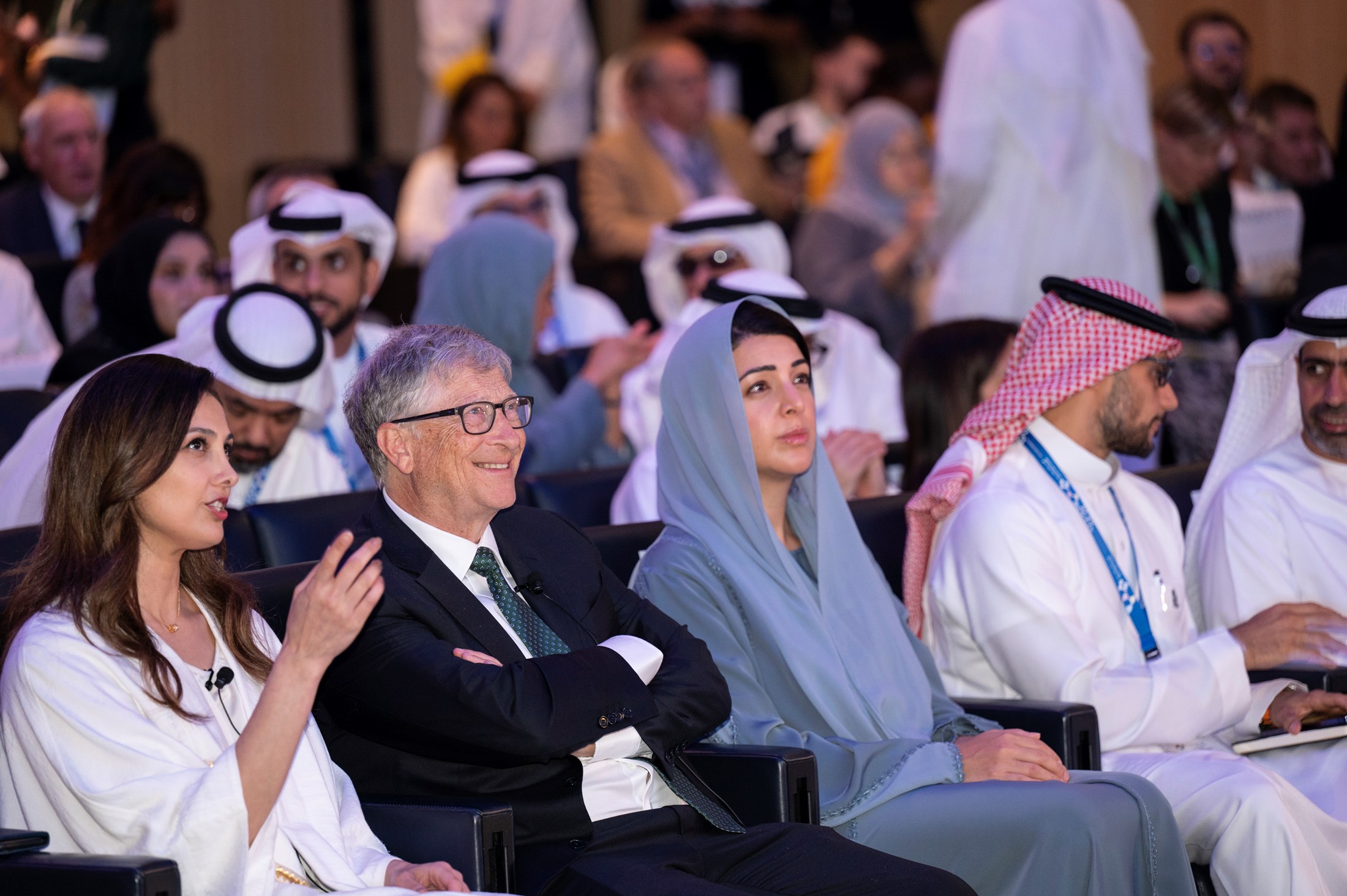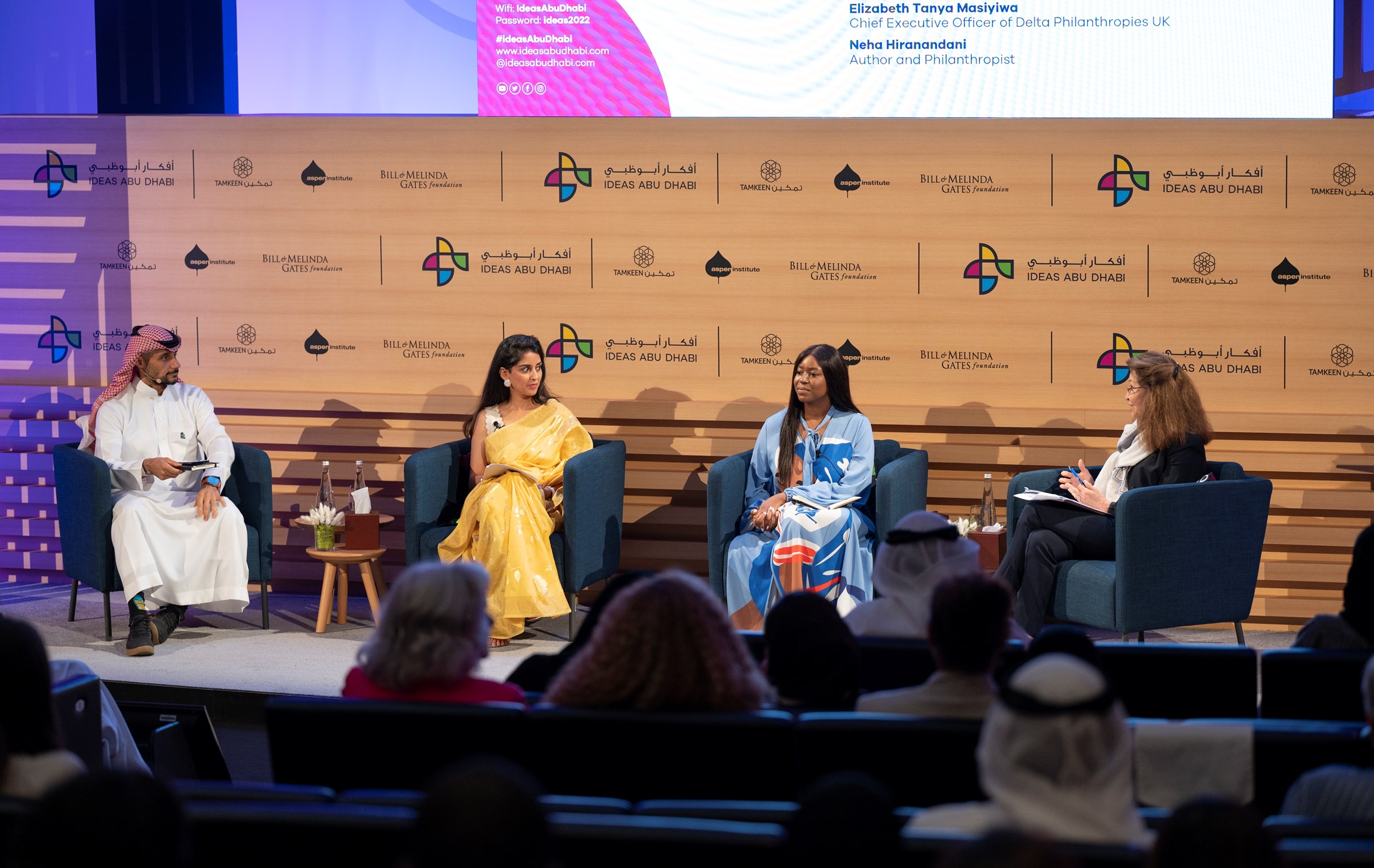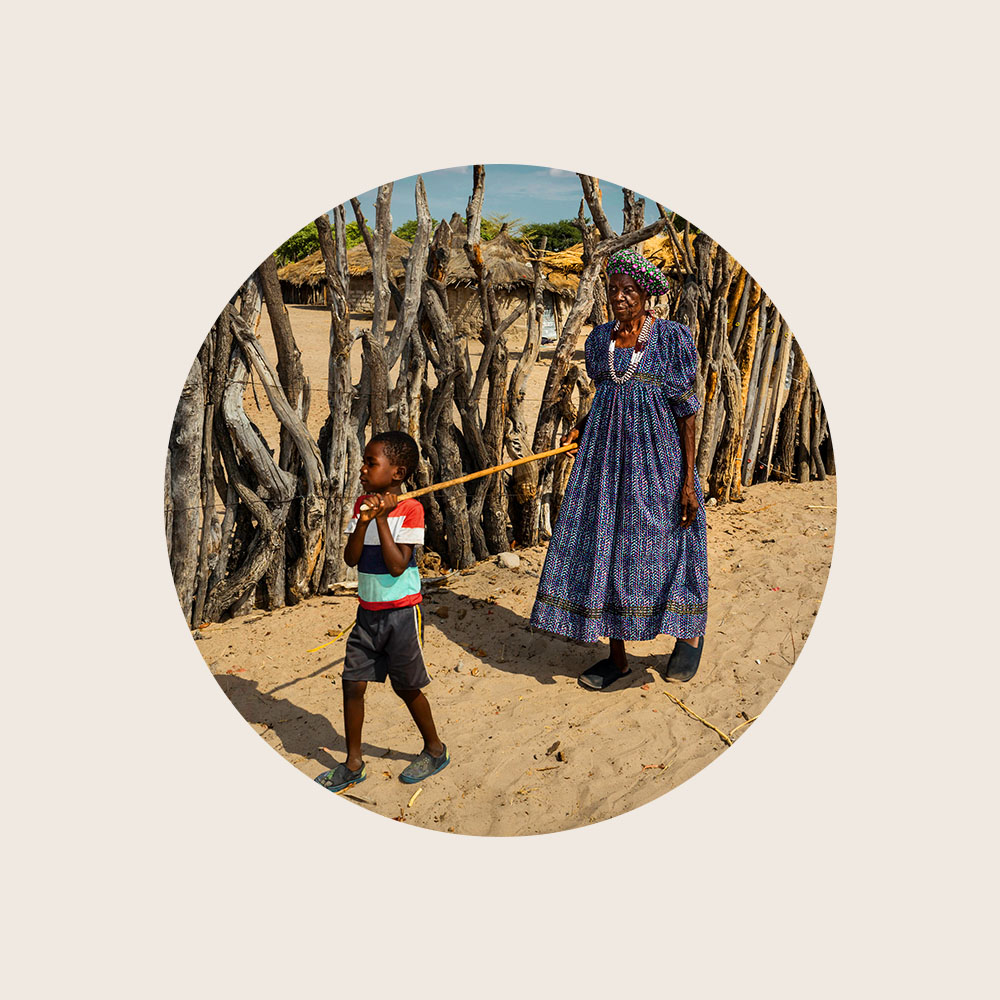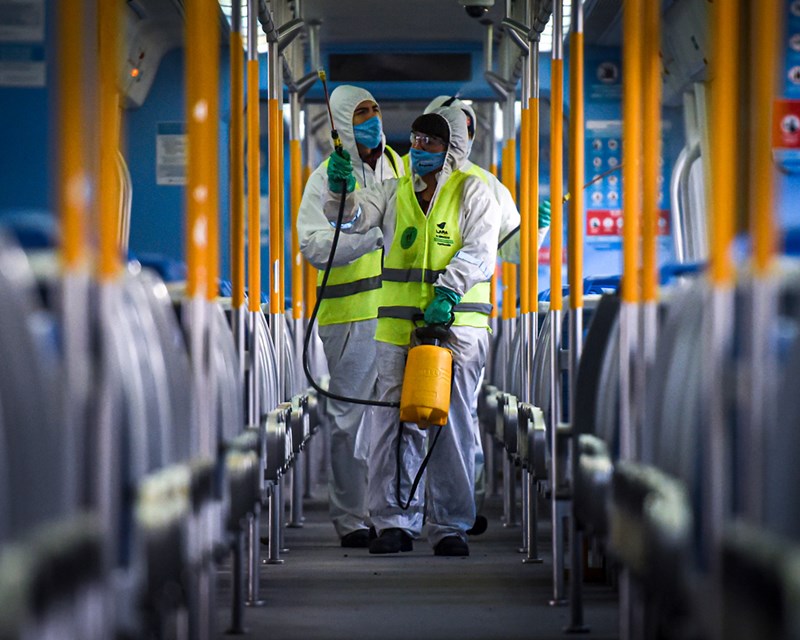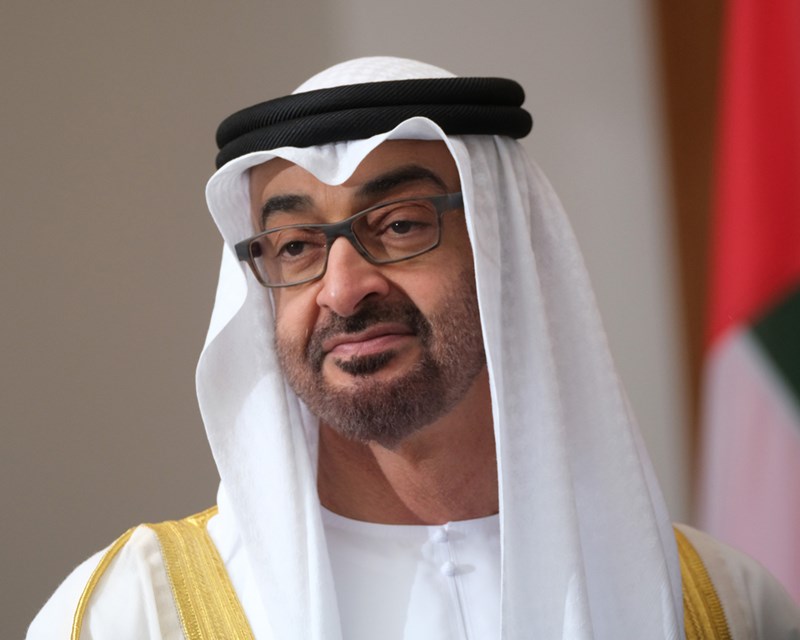A vaccine for HIV, innovation to mitigate the effects of climate change, Artificial Intelligence (AI) to improve teaching, the eradication of malaria and measles — and new medicines to counter obesity and Alzheimer’s. These are just some of the reasons that Bill Gates remains optimistic that, despite current challenges, the world is getting better.
“There are things to be worried about,” he told an audience of philanthropists, policy makers, and academics gathered at New York University Abu Dhabi (NYUAD). “US political polarisation is certainly scary to me, the Ukraine war, this economic cycle – although it is a cycle, and it will go back…”
But he added: “There's a pipeline of really great things coming… (and) innovation is going faster than ever… It'll be better to be alive 40 years from now than it is today.”
Gates launched the Bill & Melinda Gates Foundation with his (now ex) wife, Melinda, in the year 2000 and in the decades since, it has grown to become one of the world’s leading philanthropic entities making to-date in excess of US$65bn in grant payments.
In parallel to his philanthropic work and through his private office, Gates Ventures, Gates pursues work in a range of areas including climate change and clean energy innovation, research and other healthcare issues, interdisciplinary education, and technology. He is also the founder of Breakthrough Energy, seeking to address climate change by supporting the next generation of entrepreneurs, big thinkers, and clean technologies.

